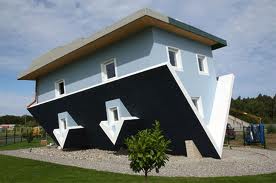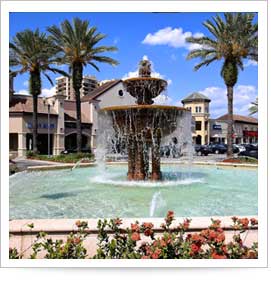
With so many people talking about short sales these days, we just wanted to give you some short sales information. These seem to be the most commonly asked questions that we receive regarding short sales.
What is a short sale?
A short sale is a transaction in which the lender, or lenders, agree to accept less than the mortgage amount owed by the current homeowner. In almost all cases, the difference is forgiven by the lender. This will be spelled out by the contract that the homeowner negotiates with the lender.
Why is the number of short sales rising?
Due to the recent economic crisis, including rising unemployment, and drops in home prices in Orlando and other communities throughout the country, the number of short sales is increasing. Since a short sale generally costs the lender less than a foreclosure, it can be a viable way for a lender to minimize its losses. A short sale can also be the best option for a homeowner who is “upside down” on the mortgage, because a short sale may not hurt their credit history as much as a foreclosure or bankruptcy. As a result, homeowners may qualify for another mortgage sooner once they get back on their feet financially.
Can the short sale be closed rather quickly?
Unfortunately, short sales can take from a few months to a year to close. For this reason, short sales are more popular with investors and others who do not need to move in to their new house promptly.
Can the seller make a profit from the short sale?
A seller cannot receive any proceeds from the short sale. Don’t forget that the lender is willing to accept a discount on their loan in order to minimize their loss. In return, the lender will not allow the seller to receive any money whatsoever from the short sale transaction. In fact, lenders also look very closely at other expenses associated with the deal and try to keep those low. The lower the fees and costs are, the more money the lender will receive – and the less the loss will be!
Are short sale houses in bad condition?
Short sale houses are not typically in bad shape like many foreclosures are. In a foreclosure, the homeowner has, in essence, been kicked out and they are sometimes bitter. This can result in damages to the house. But in a short sale, the homeowner is frequently still in the house and therefore tends to maintain the house in reasonable shape. The homeowner also realizes that the goal of conducting a short sale is to avoid other consequences, such as foreclosure or bankruptcy. So they definitely have an interest in keeping it in good enough shape to get a good sale price.
For more information on the short sale process, we encourage you to speak to a qualified short sale realtor or to an attorney at law. At YourOrlandoRealty.com, we can provide this to you. Please contact us today with any questions you may have.





